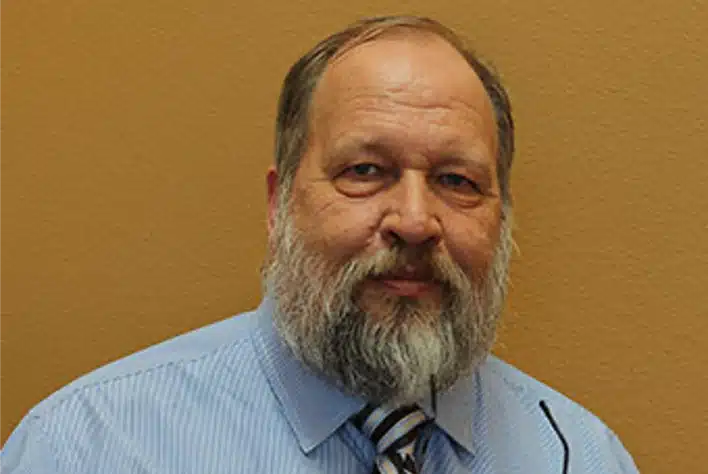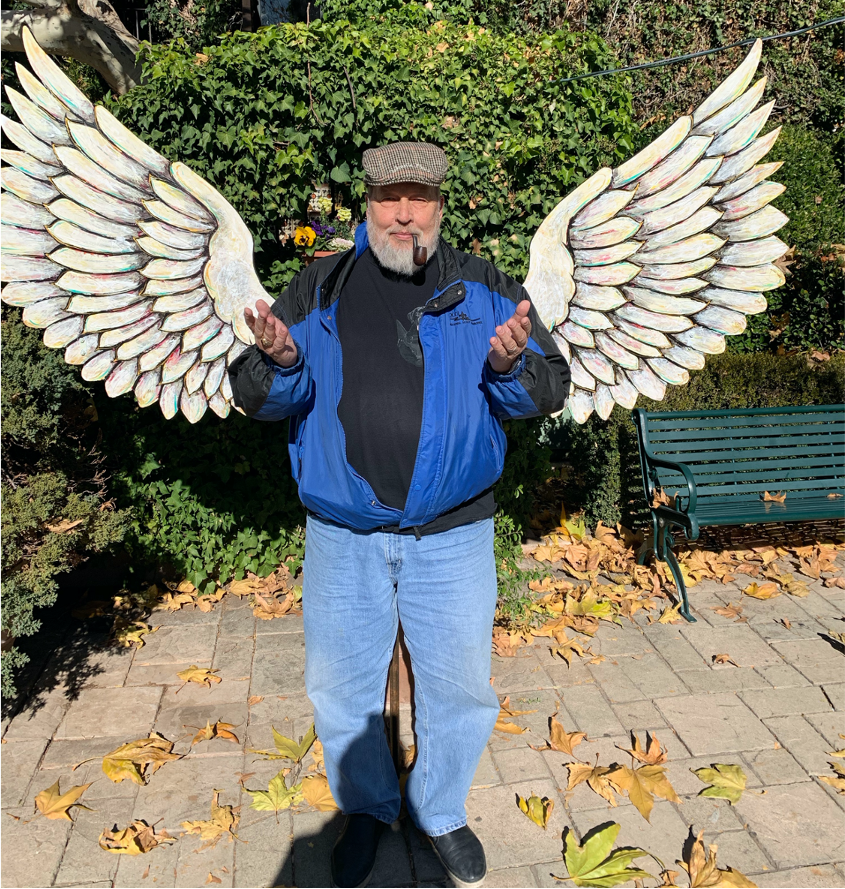In Memory of Dr. Bob Bohanske

Robert T. Bohankse, Ph.D., friend, colleague, and influencer without equal, died on January 4, 2021. Dr. Bohanske was Chief of Clinical Services/Clinical Training at Southwest Behavioral and Health Services, founder of the largest APA internship program in the country, Chairman, State of Arizona Board of Psychologist Examiners, Visiting Professor Sias University, China, and Project Leader of Better Outcomes Now. He received numerous awards for his accomplishments, including the Karl F. Heiser APA Presidential Award for Advocacy, Distinguished Practitioner and Fellow, National Academy of Practice in Psychology, Health Care Hero’s Award for Research/Innovation, to mention a few.
But that doesn’t even begin to scratch the surface of Bob’s impact on the field as a whole and on those lucky enough to be around him.
Dr. Bohanske was an early adopter of the Partners for Change Outcome Management System (PCOMS), implementing it after attending our conference in Austin in 2004 and receiving the first edition of the PCOMS manual that Dr. Jacqueline Sparks and I wrote. Bob was taken by PCOMS’ focus on client privilege, a value system that he championed throughout his career. He was not only responsible for the largest PCOMS implementation in the US, but was also central to research about the real-world benefits of implementing PCOMS as a quality improvement strategy . In addition, Dr. Bohanske was the first to implement PCOMS in peer recovery services, using What’s Right With You to train peers in the PCOMS process. Finally, Bob, via his faculty status with two Henan Province universities, spread the PCOMS word to China as well as other behavioral health innovations.
But again, his impact overshadows even these accomplishments. He was a mentor/teacher extraordinaire, touching thousands of students’ lives over his career. He contributed his time to countless student dissertations over the years, always going the extra mile to encourage critical thinking and supporting students conducting research. Dr. Bohanske loved teaching and helping students. He often taught as many as three classes a semester while excelling at his very challenging job at Southwest. That is why I often introduced him at conferences as the “Energizer Bunny.” Bob never stopped. And his energy was infectious.
More than all this, I will miss Bob as my friend. He was exactly the kind of friend that you want: always there for you with support, humor, and love. Many years ago, I was going through a rough patch and after a conversation with Bob, I later received a call from the West Palm Beach airport. He had hopped on the next flight out of Phoenix to spend the weekend with me. That is the kind of friend he was. He was all in.
Bob dealt with his terminal illness exactly like you would expect: He continued working full throttle until the end, handling his impending death with existential flair and humor. Although I couldn’t visit him because of COVID (I last visited him in January of last year), we did talk nearly every day and Zoomed often. We Zoomed on New Year’s Eve, shared drinks together (Bob had 18-year-old Scotch for the occasion), as well as much laughter and tears. I will always be grateful for the time we shared and that we both spoke from the heart about our relationship.

Took this picture in Sedona of Bob making fun of his impending death.
Although we laughed about many things, I would be remiss if I didn’t mention one irreverent topic that Bob made me promise I would include in this blog. We often lamented about our perception of a reduction of critical thinking in the field today. Dr. Bohanske jokingly complained that he spent too much time trying to firm up “mushy minds” that slurped up unsupported and faddish drool about therapy instead of doing real investigation. Bob wanted me to say that contrary to popular opinion about the cause of his death, he actually, in the end, succumbed to “mushy mind exhaustion.”
We can honor Bob’s legacy by our continued efforts to privilege the voice of clients, the central value of his work.
